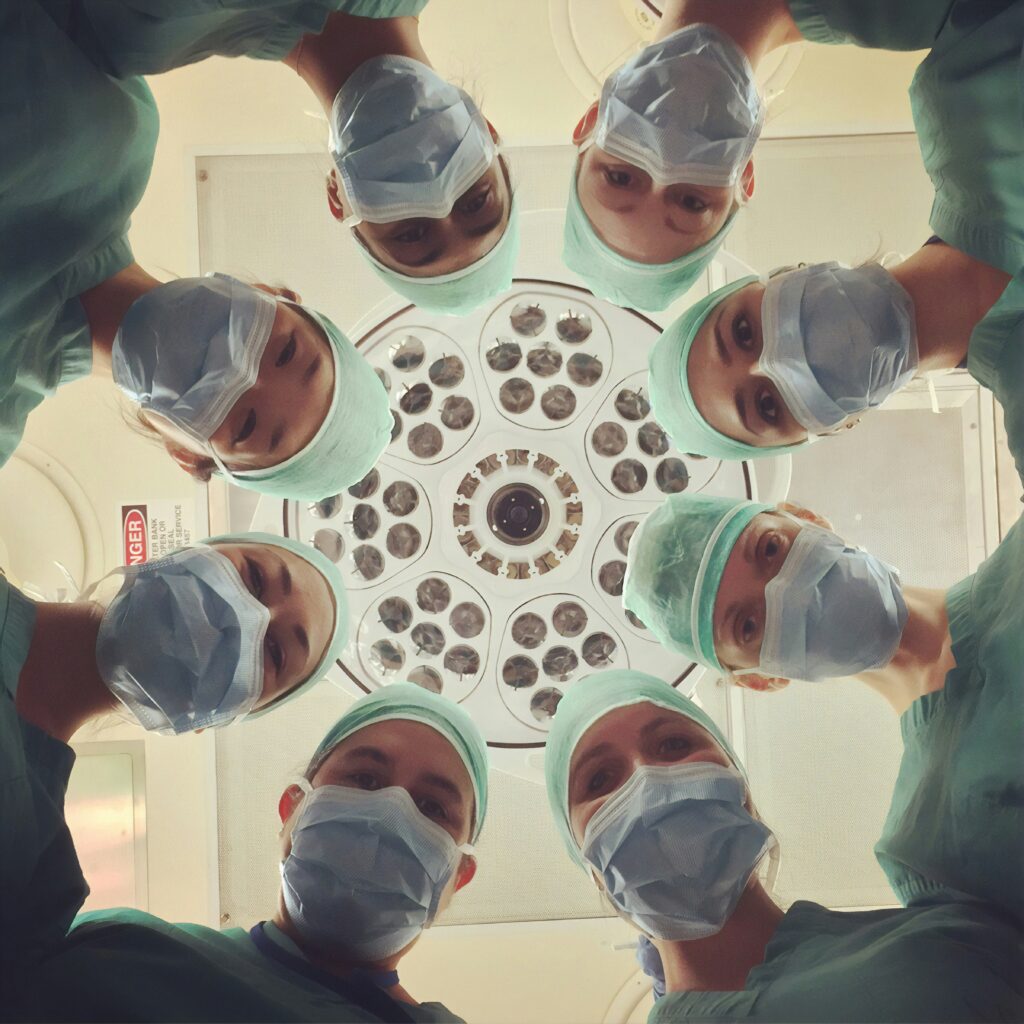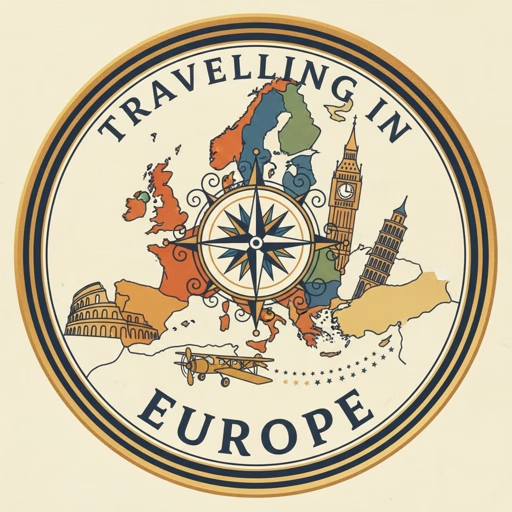“Ouch in Europe?” – A Traveler’s Guide to Medical Emergencies (Without Going Broke)

So you’ve twisted your ankle in Rome, swallowed a questionable sausage in Berlin, or fainted from the sheer beauty of Prague. Fear not—Europe’s got your back (and your stomach, and your spleen).
First Things First: Dial the Magic Number
- 112 is the universal emergency number across the EU. It works for ambulances, police, and fire services.
- You don’t need to speak the local language fluently—just stay calm and say “ambulance” like you mean it.
What’s It Gonna Cost Me?
- In most European countries, emergency medical care is free or very cheap, even for tourists.
- You won’t be asked to mortgage your kidneys for a bandage.
- Countries like France, Germany, Finland, and Spain offer top-tier emergency care with minimal or no upfront cost.
What to Carry (Besides Snacks)
- European Health Insurance Card (EHIC) if you’re an EU citizen.
- Travel insurance if you’re not—just in case you need follow-up care or a fancy private clinic.
- A list of medications and allergies in English (and maybe Google Translate versions for bonus points).
Where to Go
- Hospital ER (A&E): For serious stuff—broken bones, chest pain, dramatic fainting.
- Pharmacy (Apotheke, Farmacia, Apteekki): For minor issues. Pharmacists in Europe are basically wizards with over-the-counter magic.
- Urgent Care Clinics: Available in many cities for non-life-threatening but still annoying problems.
Language Barrier? No Problem
- Most medical staff speak at least basic English.
- Pointing at the injured body part and making dramatic faces works surprisingly well.
- Google Translate + charades = universal diagnosis.
Pro Tips
- Don’t wait until you’re doubled over to figure out where the nearest hospital is.
- Keep your passport and insurance info handy.
- If you’re in a rural area, ask locals—they know which clinic won’t charge you €400 for a band-aid.
Final Thought
Europe may be a patchwork of languages, cuisines, and questionable plumbing, but when it comes to emergency healthcare, it’s surprisingly unified: you’ll get help, and you won’t go bankrupt doing it.
So travel boldly, eat adventurously, and if you end up in a hospital—at least you’ll have a great story for your blog.

